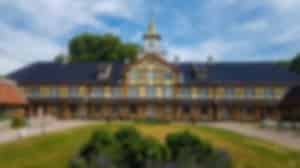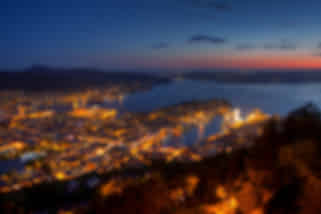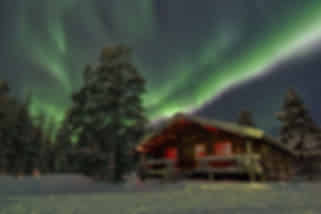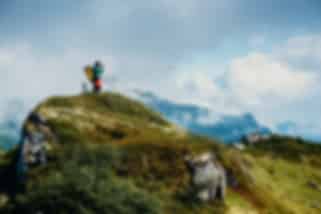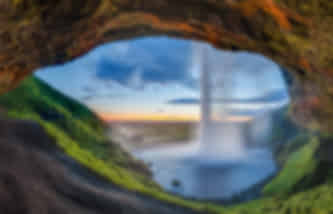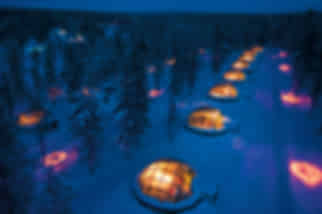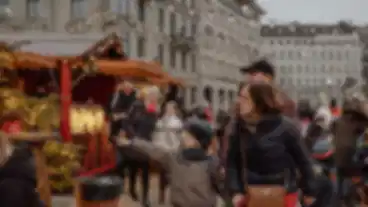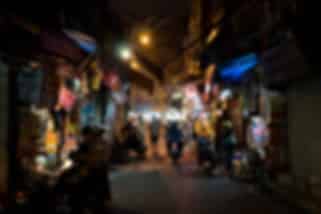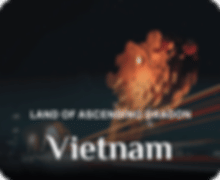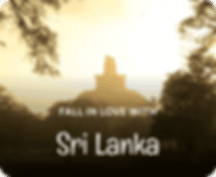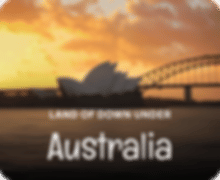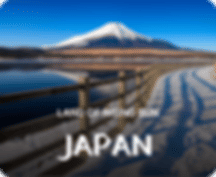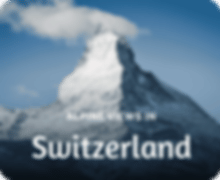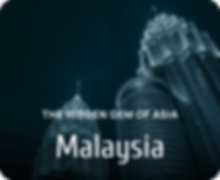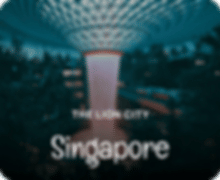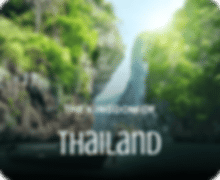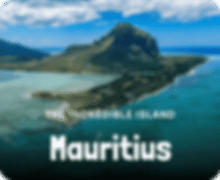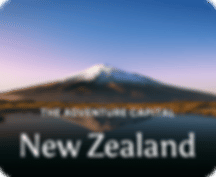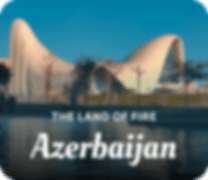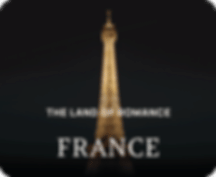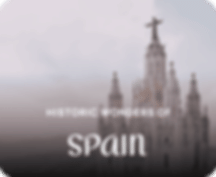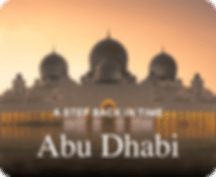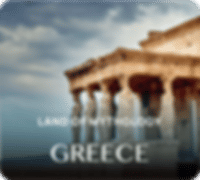Complete Guide to Swiss Public Holidays, Festivals: Plan Your Trip
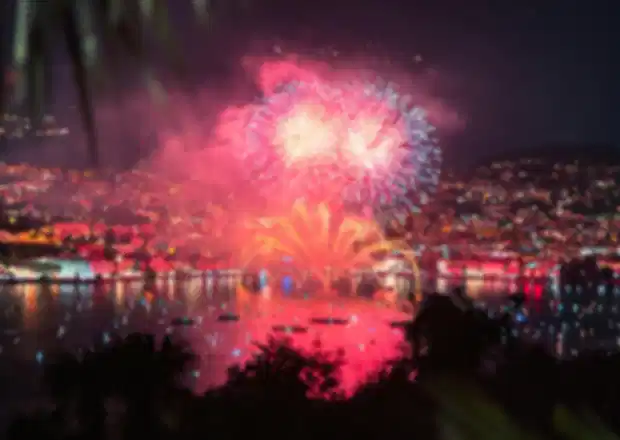
Planning a trip for Swiss public holidays & Festivals requires understanding the country’s unique cantonal system. Unlike most European nations, Switzerland celebrates only one federal holiday nationwide, Swiss National Day on August 1st. Each of the 26 cantons sets its own additional holidays, affecting shop closures and transportation. This guide covers major Swiss festivals & public holiday differences, booking strategies, and practical tips to help you experience Switzerland’s vibrant festival culture while avoiding common planning mistakes that trip up travellers.
Swiss Public Holidays Calendar: Federal vs Cantonal Holidays

Federal Holidays in Switzerland
Swiss National Day (August 1) is the only public holiday celebrated across all cantons. Every other holiday varies by canton, making advance planning essential.
Flexible Holidays Around Easter
- Good Friday
- Easter Monday
- Ascension Day (40 days after Easter)
- Whit Monday
These dates shift annually, affecting accommodation availability and shop closures during spring.
Common Cantonal Holidays
- Berchtold’s Day – January 2 (multiple cantons)
- Three Kings Day – January 6 (Graubünden, Lucerne, Schwyz, Ticino, Uri)
- Republic Day – March 1 (Neuchâtel only)
- Swiss Federal Fast Day – Third Sunday in September (select cantons)
Travel Impact of Swiss Public Holidays
- High disruption: Swiss National Day, Christmas/New Year, major summer festivals
- Medium disruption: Easter period, Ascension Day
- Low disruption: Most cantonal-specific holidays
Major Swiss Festivals by Region: When and Where to Go

Lake Geneva Region Festivals
- Montreux Jazz Festival: Held annually in July | Montreux, Lake Geneva, Switzerland’s premier music festival features world-class artists on lakeside stages. Book official tickets 3-4 months in advance through the festival portal only.
- Paléo Festival Nyon: July | Nyon, near Geneva, One of Europe’s largest open-air music festivals with multiple stages and 230,000+ attendees. Tickets sell out months early.
- Fête des Vignerons: Every 20-25 years | Vevey. When scheduled, this massive winegrower celebration is Switzerland’s most spectacular cultural event. Verify dates years in advance.
Central Switzerland & German-Speaking Festivals
- Basel Fasnacht (Basel Carnival): February/March | Basel, Northwestern Switzerland. Switzerland’s largest carnival features masked parades starting at 4 AM. Arrive early for prime viewing spots; expect crowded public transport.
- Sechseläuten: Third Monday in April | Zurich. Zurich’s spring festival culminates in burning the Böögg snowman figure. City centre closes; secure viewing positions by sunrise.
- Lucerne Festival: August-September | Lucerne, Central Switzerland. Classical music festival in formal concert halls. Tickets required; smart-casual dress recommended.
Alpine & Ticino Festivals
- Locarno Film Festival: August | Locarno, Ticino. International film festival with open-air Piazza Grande screenings. The Italian language is helpful but not required.
- Alpabzug (Alpine Cattle Descent): September-October | Various Alpine villages. A traditional celebration when decorated cows return from the mountain pastures. Weather-dependent; check forecasts before travelling.
- Zibelemärit (Onion Market): Fourth Monday in November | Bern. Bern’s historic onion market festival. Best visited early morning.
How to Plan Your Swiss Festival Trip: Tickets, Accommodation & Transport
Festival Ticket Booking Tips
- Buy only from official festival websites or authorised partners
- Booking timeline: 3-6 months advance for major festivals
- Many festivals offer free stages plus paid premium areas
Accommodation Strategy for Swiss Festivals
- During major festivals, hotel prices in festival towns increase 50-150%.
- Stay in nearby towns with direct train connections (Geneva, Zurich, Bern)
- Book 6+ months ahead for lakefront accommodations
- Consider customised festival packages with accommodation, including 24/7 support
Swiss Travel Pass & Transport During Festivals
The Swiss Travel Pass covers most trains, buses, and boats, ideal during festivals when local transport runs modified schedules.
Festival transport tips:
- Reserve long-distance train segments early during summer festivals
- Check the SBB app for real-time schedule changes on holidays
- Expect 30-60 minute delays on public transport during major events
Swiss Festival Accommodation & Budget Planning
Booking Timeline by Festival Size
- Major festivals (Montreux, Paléo, Basel Fasnacht): Book 4-6 months ahead
- Mid-size events (Locarno Film, Lucerne Festival): Book 2-3 months ahead
- Local celebrations: 4-6 weeks ahead
Budget Strategy: Stay in nearby cities with fast rail connections:
- Lausanne → Montreux (20 min by train, 30-40% cheaper hotels)
- Liestal → Basel (15 min, budget-friendly)
- Zug → Lucerne (30 min, lower rates)
Festival Ticket Pricing & Packages
- Official sources only: Festival websites or authorised partners
- Avoid: Resale marketplaces, social media sellers
- Paléo and Montreux sell out within weeks of release
- Many festivals offer free outdoor stages plus paid premium areas
- VIP packages include backstage access, reserved seating (premium CHF 150-400)
Swiss Festival Budget Breakdown (Updated 2026)
| Expense Category | Budget Range (CHF) | Mid-Range (CHF) | Luxury (CHF) |
| Festival Tickets (3-day) | 200-350 | 400-600 | 700-1,200 |
| Accommodation (per night) | 80-120 | 150-250 | 300-600 |
| Meals (per day) | 30-50 | 60-90 | 120-200 |
| Swiss Travel Pass (3-day) | 232 | 232 | 1st class: 372 |
| Total (3-day festival trip) | 800-1,200 | 1,500-2,200 | 2,800-4,500 |
Cost-Saving Tips:
- Use free festival stages and markets
- Stay in hostels or Airbnb (CHF 50-90/night)
- Grocery meals vs restaurants (50% savings)
Swiss Festival Etiquette & Packing Essentials
Festival Behaviour Guidelines
- Arrive early for parade viewing spots (2-3 hours for Basel Fasnacht)
- Ask permission before photographing costumed performers
- Respect noise restrictions after 10 PM in residential areas
- Follow steward’s instructions at all events
What to Pack for Swiss Festivals:
- Layers: Alpine mornings are cold even in summer (5-10°C)
- Rain gear: Compact waterproof jacket essential
- Footwear: Comfortable walking shoes for cobblestones
- Formal option: Smart-casual outfit for Lucerne Festival
- Cash: CHF 100-200 for rural market stalls
- First-aid kit: Basic supplies
Bottom Line: Making Your Swiss Festival Experience Unforgettable
Switzerland’s festival calendar offers unmatched diversity, from world-renowned jazz festivals to centuries-old alpine traditions. Success requires early planning: book tickets and accommodation 3-6 months ahead for major events, verify cantonal holiday closures at ch.ch, and secure official tickets only. Layer your clothing, respect local customs, and build flexibility into your schedule. Whether experiencing Basel’s carnival chaos or Montreux’s lakeside elegance, proper preparation transforms logistics into memorable cultural immersion. Start with your target festival, lock core bookings first, then craft your complete Swiss adventure around it. Customise your next Switzerland Tour packages from Pickyyourtrail for a seamless Festive Experience in 2026.
FAQs
Q: Are Swiss trains and buses running on public holidays?
A: Yes. Swiss public transport runs daily, including holidays, but follows Sunday or reduced schedules. Always check SBB.ch a day before travelling. On big festival days, extra trains and buses operate on high-demand routes.
Q: How far in advance should I book Paléo Festival tickets?
A: Tickets for the Paléo Festival Nyon drop around March–April and sell out in 4–8 weeks. Day passes (CHF 120–160) and camping spots go fastest. Stay updated via the official Paléo website for ticket announcements.
Q: What’s the difference between federal and cantonal holidays in Switzerland?
A: Federal holidays (like August 1 – Swiss National Day) are celebrated nationwide. Cantonal holidays differ by region, e.g., Zurich observes Berchtold’s Day (Jan 2), but Geneva doesn’t. Local business closures follow cantonal calendars; verify via ch.ch.
Q: Do I need to speak German, French, or Italian for Swiss festivals?
A: Not necessarily. English is common at large festivals like Montreux, Paléo, and Locarno. Knowing German helps in Zurich/Basel, French in the Lake Geneva areas, and Italian in Ticino. Festival signs and apps are usually multilingual, but basic greetings go a long way.
Q: Can families attend Swiss festivals with children?
A: Yes. Many festivals are family-friendly, featuring kids’ zones and daytime shows. Basel Fasnacht and Paléo Festival cater well to families. Note that evening concerts may have 16+ restrictions. Check each event’s accessibility info for stroller routes, baby facilities, and safety meeting points.
Recommended articles for you
Discover Packages


Need help in planning?
Talk to our Travel Experts



